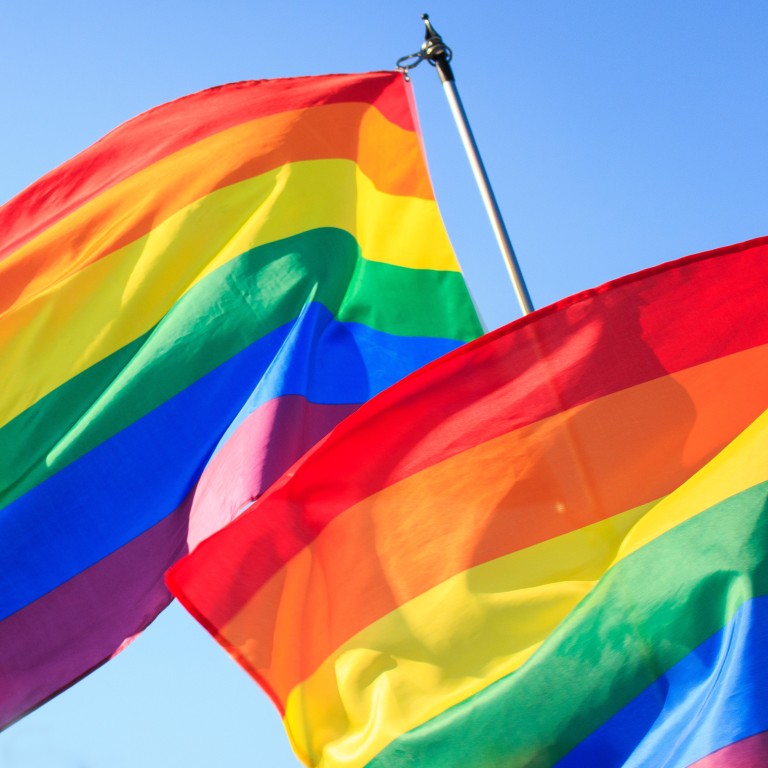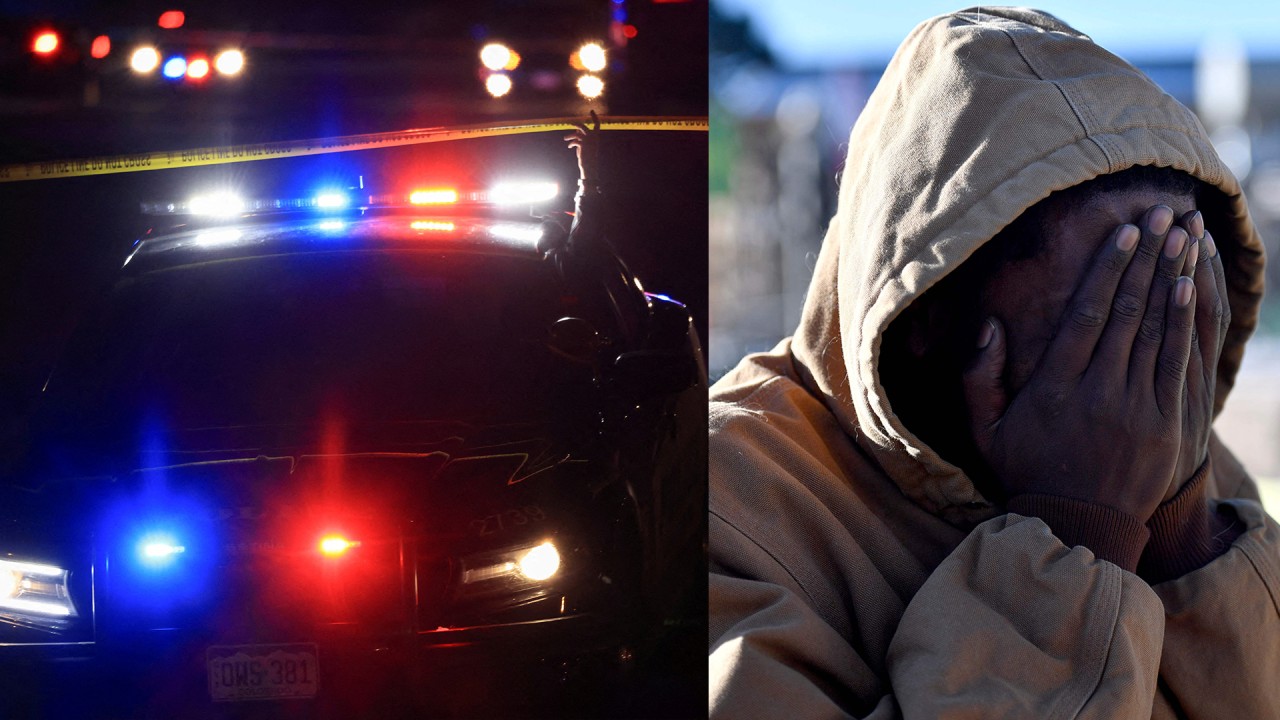
LGBTQ Icelanders face ‘dehumanising’ new form of abuse – barking
- Some activists think barking insults, may have been spread among Icelandic users of social media platforms, TikTok in particular, during Covid lockdowns
- Recent incidents involving the unusual form of abuse have raised fears of an upswing in homophobic and transphobic sentiment in Iceland
But he had never been barked at before.
While Iceland is ranked as one of the world’s most progressive nations in terms of LGBTQ rights, dozens of recent incidents involving the unusual form of abuse have raised fears of an upswing in homophobic and transphobic sentiment in the nation of some 360,000 people.
Seventeen-year-old student Andreas Tinni Waage said most LGBTQ people he knew had been barked at in the past few months – including himself.
While he initially laughed off the incident, he said such abuse made him feel be was “being forced to be smaller”, and feared the phenomenon showed people felt emboldened to express homophobia.
“It feels like there are people out there who aren’t afraid any more of being rude to you on the streets,” Waage said by phone from his home in Reykjavik.
Singapore considering cancel culture law amid LGBTQ rights debate
Earlier this year, the country’s coalition government expanded the scope of its hate speech legislation and paved the way for tougher sentences.
Huge concern
Police statistics show the number of hate crimes remains low in Iceland, reflecting the small population, but they are rising.
In 2021, there were two reported incidents of hate speech suspected to be on the basis of sexuality. At the end of September 2022, five had been recorded.
Former government minister Eyglo Hardardottir, who serves as director of actions against violence at the country’s national police, said the rise could partly be explained by the fact that LGBTQ people felt more able to report hate speech.
As Singapore axes anti-gay law, the bid for full LGBTQ rights in Asia remains a long fight
But she said the barking incidents reported in recent months showed there was no room for complacency.
“It’s a huge concern,” Hardardottir told the Thomson Reuters Foundation. “We always need to be on our toes with regards to prejudice and we need to address it.”
Police have not so far made any arrests in connection with the barking abuse.
A TikTok spokeswoman said there was no evidence that this type of harassment originated on the video-sharing app, adding that the platform’s community guidelines outlaw hate speech and that it removes content that contains or promotes hateful views.
The Thomson Reuters Foundation found no videos showing LGBTQ people being barked at on the platform.
Maria Run Bjarnadottir, director for internet safety for the Icelandic police force, who has researched online hate speech across Europe, said social media could sometimes foment damaging new trends across national borders.
‘I just kept hitting him’: man recalls stopping Colorado LGBTQ nightclub shooter
“There are elements to social media that feed into harmful and negative aspects of reality,” Bjarnadottir said, calling the barking incidents “absolutely shocking”.
Many within the Icelandic LGBTQ community, used to living in one of the world’s most liberal countries, say they fear for the impact on younger gay, bisexual and trans Icelanders who could be more shaken by the abuse.
When Kitty Anderson, 40, chairperson of the board of the Icelandic Human Rights Centre, experienced homophobic abuse as she walked home through the capital carrying Pride flags, she said her age meant she was able to brush off the experience.
But younger LGBTQ people would be “petrified” if it happened to them, she said.
“For our generation, it’s very different,” Anderson said, citing the close-knit nature of Icelandic society that made it easy to identify anyone involved in anti-LGBTQ abuse in the street.
“We can literally call their mama or their grandma [to complain],” Anderson said.


